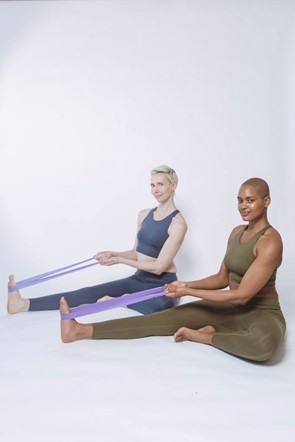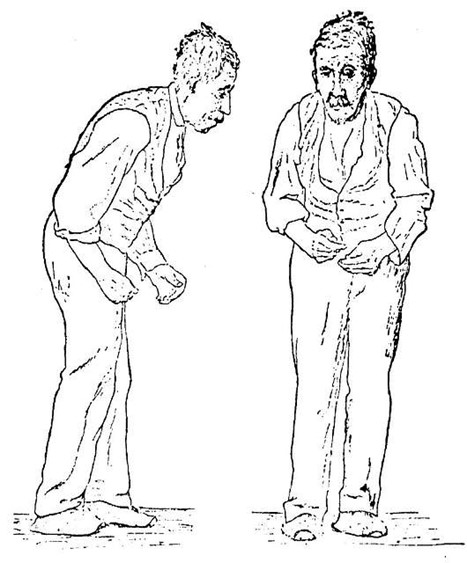Dizzying Effects of a Sedentary Lifestyle: A Closer Look
In today’s fast-paced world, many of us find ourselves leading increasingly sedentary lifestyles. The rise of technology and desk-bound jobs has led to a decrease in physical activity for many individuals. While it is well-known that a lack of exercise can have adverse effects on overall health, one lesser-known consequence of a sedentary lifestyle is dizziness. In this blog post, we will explore the relationship between no activity and dizziness, shedding light on how our body responds to inactivity and how we can take steps to maintain a healthy balance.
Understanding Dizziness:
Before delving into the connection between inactivity and dizziness, let’s first understand what dizziness is. Dizziness is a term used to describe various sensations, including:
- lightheadedness
- feeling off-balance
- experiencing vertigo (a spinning sensation)
It is essential to differentiate between dizziness caused by specific medical conditions and the type of dizziness we are discussing in this blog—dizziness resulting from a lack of physical activity.
The Link Between No Activity and Dizziness:
Research has shown that a sedentary lifestyle can contribute to dizziness through several mechanisms:
- Blood Circulation: Regular physical activity promotes healthy blood circulation, ensuring that oxygen and nutrients reach all parts of the body, including the brain. Inactivity can lead to sluggish blood flow, potentially causing lightheadedness or a feeling of faintness.
- Postural Hypotension: Prolonged sitting or lying down can lead to a condition known as postural hypotension. It occurs when you stand up after being in a seated or lying position for an extended period. In such cases, blood pressure drops suddenly, leading to dizziness or even fainting.
- Muscle Weakness: A lack of physical activity can result in muscle weakness, particularly in the legs. Weak leg muscles can make it challenging to maintain balance, increasing the risk of feeling off-balance or unsteady.
- Vestibular System: The vestibular system in the inner ear helps with balance and spatial orientation. Regular movement and physical activity stimulate this system, but a sedentary lifestyle can affect its functioning, causing dizziness or vertigo.
Tips for Preventing Dizziness from No Activity:
Now that we understand the connection between inactivity and dizziness, here are some practical tips to maintain a healthy balance:
- Incorporate Movement: Engage in regular physical activity such as:
- walking
- jogging
- cycling
- stretching exercises
Aim for at least 30 minutes of moderate-intensity activity most days of the week.
- Take Breaks from Sitting: If you have a desk job or spend prolonged periods sitting, make it a habit to take short breaks every hour. Stand up, stretch, and walk around to keep blood circulation flowing.
- Stay Hydrated: Dehydration can exacerbate dizziness, so ensure you drink enough water throughout the day.
- Avoid Abrupt Changes in Position: When transitioning from a sitting or lying position to standing, do so slowly to give your body time to adjust and avoid postural hypotension.
- Balance-Enhancing Exercises: Incorporate exercises that improve balance, such as yoga or tai chi, into your routine.
To learn more, click here and check out this summary from MedicineNet.
By striking a balance between rest and movement, we can lead healthier, more active lives and reduce the risk of experiencing dizziness due to inactivity. Enhance your experience to new heights with meticulously selected supplements from the prestigious Asher Longevity Institute. Embrace a holistic approach that ignites your body’s vitality and maximizes your overall well-being.




